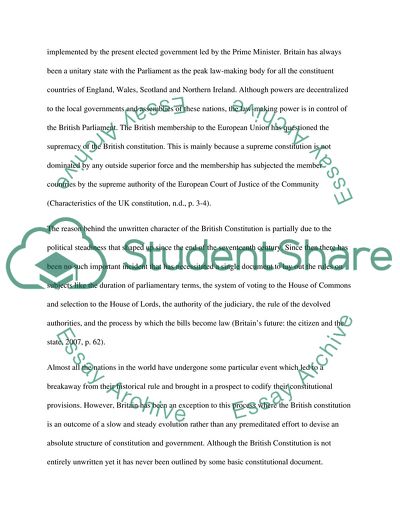Cite this document
(Should Britain Adopt a Written Constitution Essay, n.d.)
Should Britain Adopt a Written Constitution Essay. Retrieved from https://studentshare.org/law/1732005-who-runs-britain-assignment
Should Britain Adopt a Written Constitution Essay. Retrieved from https://studentshare.org/law/1732005-who-runs-britain-assignment
(Should Britain Adopt a Written Constitution Essay)
Should Britain Adopt a Written Constitution Essay. https://studentshare.org/law/1732005-who-runs-britain-assignment.
Should Britain Adopt a Written Constitution Essay. https://studentshare.org/law/1732005-who-runs-britain-assignment.
“Should Britain Adopt a Written Constitution Essay”. https://studentshare.org/law/1732005-who-runs-britain-assignment.


